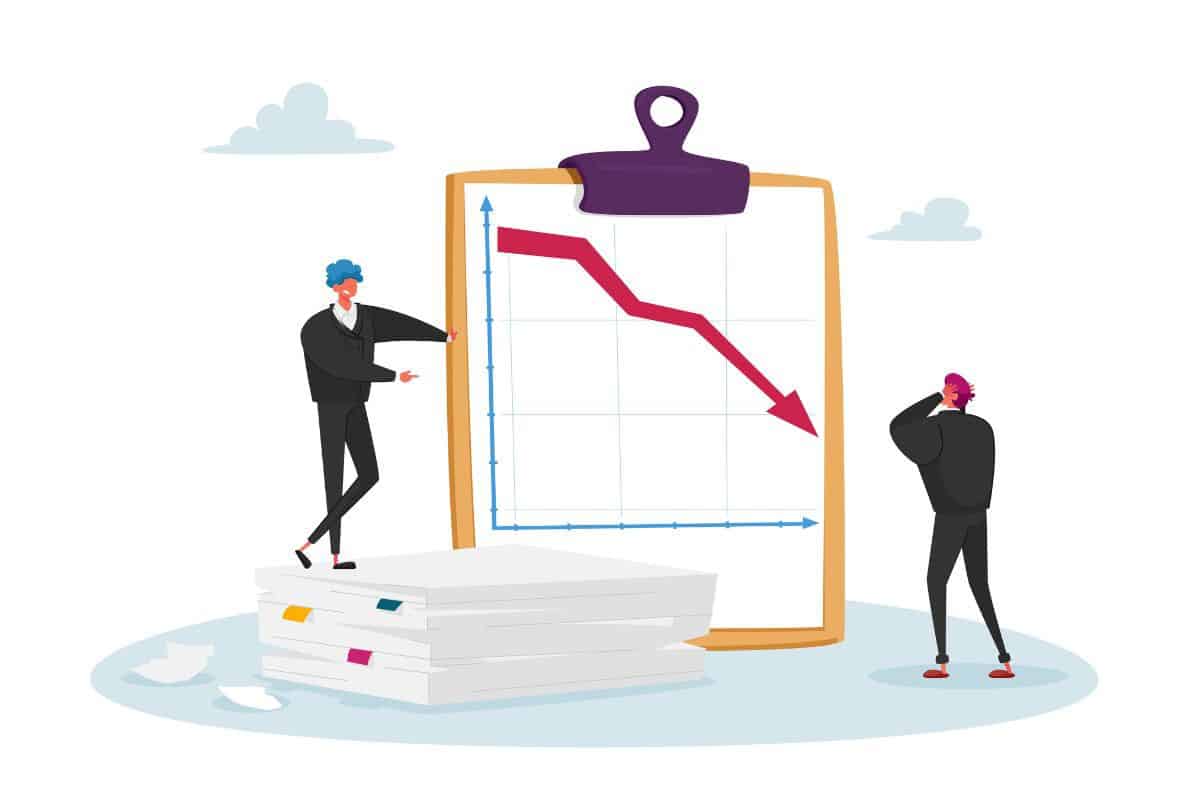If your business is going through a divorce, insolvency could become an important issue in your mind. Insolvency is a key factor when you decide whether to get a business divorce. If your business is having money problems, you and your partners might decide that it’s better to wind up than to continue operating.
Alternatively, you may not realize how much trouble your business is in until you start getting a business divorce. When you examine the books with the help of your business divorce lawyer, you might start to have questions about your business’s potential insolvency.
You may wonder if you can sell off assets to pay your business’s debts. Crucially, you may wonder who will pay those debts if your business is underwater. And finally, you might wonder if you need to file business or personal bankruptcy during the business divorce process.
-
Can You Sell Off Assets to Pay Business Debts?
If you are going through a business divorce, you might need to pay back some business debts. You may have corporate assets, such as equipment or real estate, that you could sell off to pay the debts. Often, selling business assets to pay business debts is a major part of a business divorce.
You and your lawyer need to consult your business agreements to determine how this process should happen. Your business formation documents may explain a specific process for selling off assets. You may need board of directors or shareholder approval for certain transactions. Or you and your partner may simply need to agree on how to best sell your available assets. It’s important to check for any specific procedures that you need to follow. These can vary based on the type of business you own, the kinds of assets you need to sell, and which kinds of debts you need to pay off.
-
Who Will Pay the Business’s Debts?
Your next question might be, who will pay the business’s debts if our assets don’t sell? One important distinction in a business divorce arises between your business’s assets and debts, and your personal assets and debts. If your business is set up using a structure such as a corporation or limited liability company, you may not have personal liability for your business’s debts. Instead, the business is responsible to pay the debts back. Consult your business divorce lawyer to see if you are in this situation.
On the other hand, if you have a partnership, you are at more personal risk for paying back business debts. You share that responsibility with the other partners, though in many partnerships each partner is individually responsible for all partnership debts. That means if your partner doesn’t pay, you could be on the hook.
-
Do You Need to File Bankruptcy?
Finally, you might have a big question looming in your mind: do you need to file for bankruptcy? Again, the distinction between personal and business assets/debts is important. Depending on your insolvency situation, you may not be personally liable for the debts. Personal bankruptcy wouldn’t be an appropriate solution. However, you might need to consider a business bankruptcy. Some businesses at risk of becoming insolvent opt for a receivership instead.
A receiver acts similarly to a bankruptcy trustee. He or she takes over management of business operations to either (1) try to save the business or (2) help with the liquidation process to wind up the business. The receiver assembles and reviews all business assets to determine their potential value. He or she may sell off assets to improve the business’s financial position or to satisfy debts. If the business is winding up, the receiver assists with the dissolution process. Receiverships are created by courts when judges determine that a business is insolvent or imminently insolvent (or for some other reasons). Tex. Bus. Orgs. Code § 11.405.
A receivership or business bankruptcy might be the best option if your business is in a dire financial position. Please talk to a business divorce lawyer if you are concerned about your business’s finances.
Facing a Business Divorce and Need Legal Advice?
As experienced Houston business divorce lawyers, we take our clients’ individualized needs seriously. Our advice is not “one-size-fits-all” – our lawyers tailor advice to your unique situation. You can count on Henke & Williams, LLP when your business is in trouble. Schedule a consultation by calling 713-940-4500 or using our convenient Contact Form.


